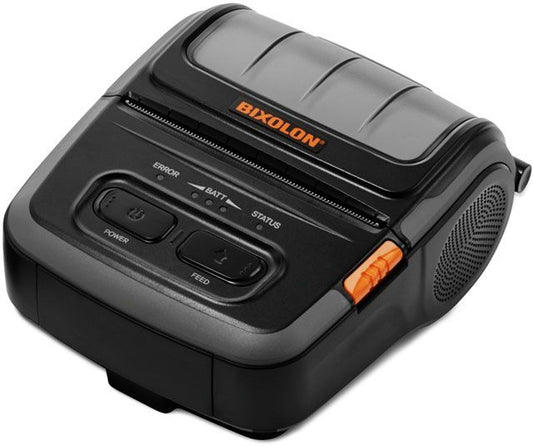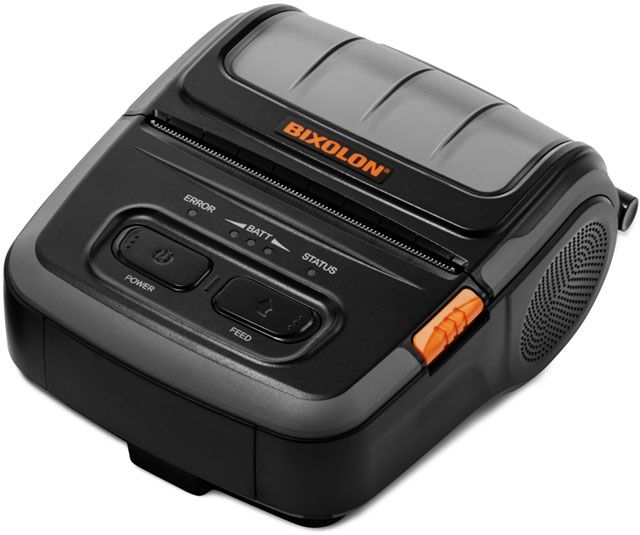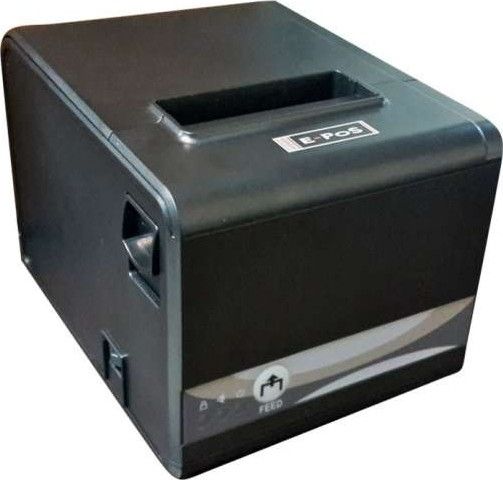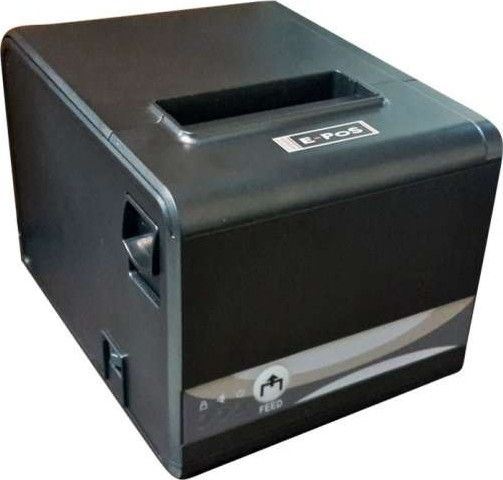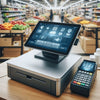When considering the purchase of a barcode printer and scanner, price is a crucial factor. Learning about barcode printers involves understanding their capabilities, such as printing direct thermal labels or creating custom barcode labels for different applications. If you're looking for reliable barcode labels, finding a reputable supplier in Dubai can ensure high-quality asset labels that meet your business needs with bracodegram
Barcode labels have become an essential tool for businesses across various industries. Here are three compelling reasons why we love using barcode labels
1. Efficient Inventory Management
Using barcode labels significantly improves the efficiency of inventory management. By simply scanning a barcode, businesses can instantly update inventory counts, track item locations, and monitor stock levels. This automation reduces human error and speeds up processes, allowing for real-time inventory tracking and more accurate data. Efficient inventory management helps businesses save time and resources, ultimately boosting productivity and reducing operational costs.
2. Enhanced Accuracy and Reduced Errors
Barcode labels enhance accuracy by minimizing the potential for human error during data entry and product tracking. When employees manually enter product information, there's a higher risk of mistakes, which can lead to discrepancies in inventory counts, misplaced items, and lost sales. Barcode scanning eliminates these errors by providing a reliable and quick way to capture product information accurately. Enhanced accuracy ensures that businesses can maintain precise records, leading to better decision-making and improved customer satisfaction.
3. Streamlined Workflow and Productivity
Implementing barcode labels streamlines workflow and boosts productivity across various business operations. Tasks such as inventory audits, order fulfillment, and shipping become faster and more efficient with barcode technology. Employees can quickly scan items to perform their duties, reducing downtime and enhancing overall workflow. Streamlined processes mean that businesses can handle larger volumes of work with the same resources, leading to increased efficiency and a better bottom line.
4 . Barcode printers are affordable
The first thing we love about barcodes is how cost-effective they are. Barcodes are generally quite inexpensive to implement as there are systems for them almost everywhere, including the smartphone in your hand. Their cost-effectiveness is due, in part, to their versatility. You can find them at your local restaurant on a menu as a QR code or at the grocery store on a bag of chips or on your Amazon Prime shipment. Barcodes also adhere to almost any surface.
Additionally, barcodes and their subsequent systems allow for a much easier inventory process than the traditional, manual process. With the implementation of barcodes, businesses are able to take inventory in a fraction of the time and with a much higher accuracy rate. This helps many enterprises sustain an accurate count of their products which leads to several benefits such as higher customer satisfaction and lower labor costs.
Main Uses of Barcode Labels
1. Inventory Management
Barcode labels are essential tools for effective inventory management. They allow businesses to track products accurately and efficiently, ensuring that stock levels are always up-to-date. By scanning barcodes, inventory can be quickly counted, checked in, and checked out, reducing the chances of errors and improving overall inventory accuracy.
2. Retail Point of Sale (POS)
In retail settings, barcode labels streamline the checkout process by enabling quick and accurate scanning of products at the point of sale. This speeds up transactions, reduces human errors, and improves customer satisfaction. Barcodes also facilitate better sales tracking and reporting, helping retailers manage their inventory more effectively.
3. Asset Tracking
Businesses use barcode labels for asset tracking to keep an accurate record of their equipment and assets. By tagging assets with barcodes, companies can easily track their location, usage, and maintenance schedules. This ensures that assets are properly maintained and accounted for, reducing losses and improving operational efficiency.
4. Healthcare and Pharmaceuticals
In the healthcare industry, barcode labels are critical for patient safety and efficient management of medications. Barcodes on patient wristbands and medication packaging help ensure the correct administration of drugs and accurate tracking of patient information. This reduces the risk of medication errors and improves overall patient care.
5. Shipping and Logistics
Barcode labels are widely used in shipping and logistics to track packages and shipments. They provide detailed information about the contents, destination, and status of packages, facilitating efficient handling and delivery. Barcodes help reduce shipping errors, improve tracking accuracy, and enhance customer satisfaction by providing real-time updates.
6. Manufacturing and Production
In manufacturing, barcode labels are used to track parts and products throughout the production process. This ensures that each component is accounted for and that the final products meet quality standards. Barcodes help streamline production workflows, reduce errors, and improve traceability from raw materials to finished goods.
7. Document Management
Barcode labels are also used for document management to efficiently organize and track physical documents. By assigning barcodes to files, businesses can quickly retrieve and manage records, reducing the time spent searching for documents. This improves productivity and ensures that important documents are easily accessible when needed.Barcode labels play a vital role in various industries by enhancing accuracy, efficiency, and tracking capabilities. Whether it's for inventory management, retail, asset tracking, healthcare, shipping, manufacturing, or document management, barcodes provide a reliable and effective solution.
Conclusion
Incorporating barcode labels into business operations offers numerous benefits, from efficient inventory management and enhanced accuracy to streamlined workflows and increased productivity. By leveraging barcode technology, businesses can optimize their processes, reduce errors, and improve overall operational efficiency.


